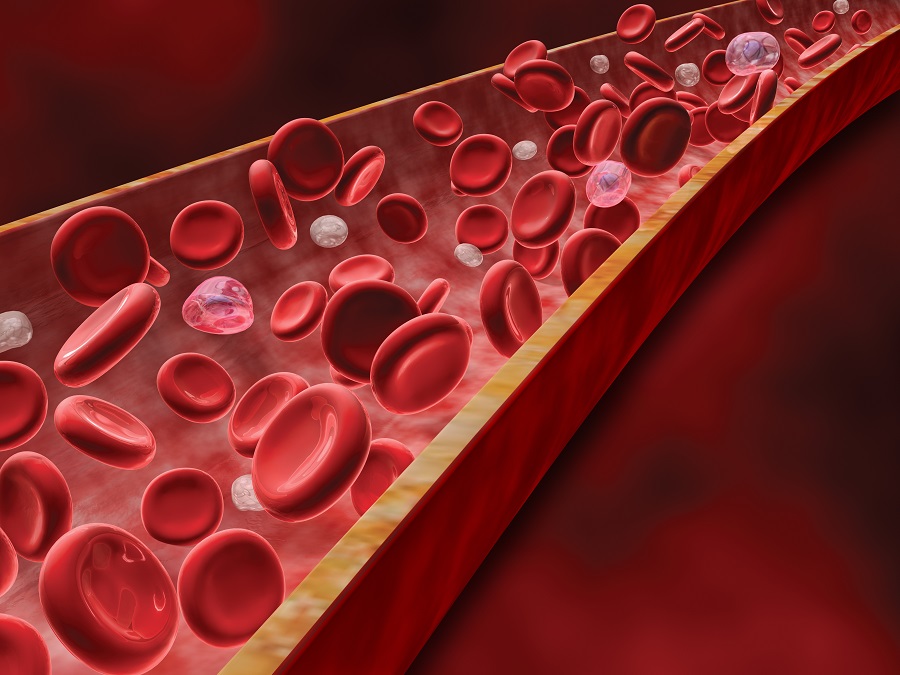In the ever-changing healthcare landscape, the role of a specialist healthcare construction company has become increasingly central. These companies are way ahead in state-of-the-art medical facilities that cater to modern healthcare requirements and improve patient experiences and outcomes. With their unique blend of construction expertise and a deep understanding of healthcare requirements, these corporations are the precursors of a future medical infrastructure that continues to set the pace in its industry.
The Unique Expertise of Healthcare Construction Company
A healthcare construction company differs from general contractors since they have specialized knowledge and relevant experience in the medical field. As a result, these companies understand the many facets associated with healthcare facilities. Sophisticated medical equipment runs just as smoothly in their hands as the layout of an operation theatre. They are also thoroughly familiar with legislative regulations for construction work in Healthcare, so each project they complete exceeds industry standards.
It is today’s hallmark of a healthcare construction company to resolve the complex interactions between architectural design, medical function and patient comfort. They work closely with healthcare professionals, architects and medical equipment vendors to create beautiful and efficient spaces for their purposes. Furthermore, they understand how to build systems that are energy-saving and meet the standards of being green-oriented. A comfortable, healing environment is the result.
The Importance of Medical Fitouts
In healthcare construction, medical fitouts play a crucial role. It is the stage at which newly built or refurbished spaces are transformed into fully-fledged medical facilities, and it teaches patients about their body’s condition. Medical fit-outs represent a detailed process of equipping and arranging healthcare space to meet specific medical needs and regulations. This process goes far beyond interior design- it includes everything from installing specialized medical equipment to compliance with infection control measures necessary in healthcare settings.
A healthcare construction company is experts in turning a building’s shell into effective medical fit-outs, improving workflow and the patient experience while increasing overall efficiency. They understand that every part of a medical fit-out, from the placement of nursing stations to the room design for hospital patients, can impact the quality of care.
Critical Considerations in Healthcare Construction and Medical Fitouts
Infection Control
Maintaining an aseptic environment is one of the most significant healthcare projects. The healthcare construction company applies the highest infection control standards to the building processes for new hospital beds and ongoing fit-out work on old ones, ensuring patients and staff are safe from infection.
Workflow Optimization
The spatial layout of a healthcare facility significantly affects staff working efficiency. Expert healthcare builders ensure patient flow runs smoothly and medical procedures are simplified.

Patient Comfort and Privacy
Establishing a therapeutic setting demands functional space designs that are comfortable and respect patient privacy.
Technology Integration
Modern Healthcare is heavily reliant on technology. Healthcare buildings provide spaces where current technological necessities are met and also cater for future expansion.
Accessibility
The obligation to make facilities that will serve all patients, including those with mobility limitations, is essential in healthcare construct healthcare-outs.
Sustainability
In recent years, many healthcare construction projechealthcarets have adopted sustainable design principles to reduce operational costs and environmental impact.
The Process of Healthcare ConstructHealthcaredical Fitouts
The journey from a conceptual idea to the final result of the healthcare process is complicated and multi-faceted. It may involve:
Initial Consultation and Planning
This stage involves determining the healthcare provider’s Healthcare and producing an all-encompassing project plan.
Design Development
At this point, the construction company, working closely with architects and healthcare professionals, detailed fully functional designs that meet all legal requirements.
Regulatory Approval
Healthcare constructHealthcareject to rigorous regulation. Companies must navigate numerous approval regimes to comply with the applicable standards and regulations.
Construction Phase
This phase involves building or renovation with a field-specific healthcare constructhealthcareol.
Medical Fitout Implementation
Once the basic structure has been erected, a healthcare fitout, ihealthcarenstalling specialized equipment and finishes, becomes the focus.
Quality Assurance and Commissioning
The final results of the community facilities and equipment are rigorously tested and checked to ensure everything functions appropriately and correctly according to prescribed standards.
Handover and Training
In its final stage, the completed facility is passed on to healthcare providers; it often includes instructions on new systems or a tour with the staff.
Challenges in Healthcare ConstructHealthcarehcare constructHealthcareies face unique challenges that set them apart from other construction sectors:
Regulatory Compliance
It needs a specialist who is knowledgeable and stays alert all the time.
Infection Control During Construction
Creating a sterile operating station for electronic components is a significant task. In particular, doing so in an operational hospital will be challenging in the long term.
Balancing Budget and Quality
Healthcare buildingsHealthcareequire these materials and equipment with beneficial effects in mind, which cost a lot. But today’s construction practices must also save and achieve worthy goals balanced in the financial interest, for environmental reasons if no other!!
Minimizing Disruptions
When working on renovations or expansions of existing facilities, minimizing disruptions to ongoing patient care is crucial.
The Impact of Effective Healthcare ConstructHealthcarelthcare constructhealthcarey’s work goes far beyond the physical structures it completes. Its efforts profoundly affect patient treatment, medical outcomes, and the overall efficiency of healthcare delivery. Healthcare patient Outcomes
Scientifically designed healthcare facilitiehealthcareuce shortened recovery times and decreased infection rates. Care programs thoughtfully designed to minimize patient transfers and provide for staff workflows can be more efficient and effective.
Enhanced Staff Efficiency
By creating spaces catering to medical professionals’ needs, healthcare constructhealthcareies help increase staff productivity and job satisfaction. This, in turn, can lead to better patient care and less burnout among healthcare workers.
healthcareciency
Modern, well-designed healthcare facilities have been shown to significantly reduce operating expenses. Energy-efficient systems, optimal layouts, and durable materials all contribute to cutting healthcare providers’ long-term living expenses.
Phealthcareisfaction
The facility’s physical environment plays a crucial role in determining patient experience. Comfortable, patient-centred convalescence areas can significantly improve overall satisfaction with care.
Technological Advancement
Healthcare constructionHealthcare can help advance medical care and research boundaries by creating facilities accommodating advanced medical technologies.
Choosing the Right Healthcare ConstructionHealthcarehe choice of healthcare construction is critical for healthcare providers. Healthcare considerations include: How long has the firm been in business? Does it have a good track record in healthcare construction cycle cost expertise? Does it understand the unique healthcare sector requirements of staff qualifications? Whether the company committed to hiring only top-class professionals on such complex projects as this? Regulatory knowledge is necessary for compliance. We only protect ourselves from failure by knowing and applying all relevant laws and standards. Technological capability is indispensable if we blend contemporary medical technologies with our construction plans. A joint approach with healthcare providers, Healthcare, and stakeholders aligns the project with the provider’s goals. Strong project management skills are indispensable for today’s complex healthcare construction healthcare to keep them running on schedule and within budget.
Conclusion
Healthcare construction plays a vital role in shaping the future of medical care. Their expertise, innovative approaches, and dedication to high quality produce healthcare environments that care for patient treatment and outcomes and drive the medical profession forward. As Healthcare evolves, the healthcare construction company must use their knowledge to create institutions capable of meeting tomorrow’s challenges.
Healthcare construction Healthcare is the unsung hero behind the scenes. Working with architects and designers, they are involved from the initial planning stages to those final touches of medical fit-outs, building the foundations for better healthcare delivery. In Healthcare, to health-impacting abandoned hospital buildings, construction crews are also improving existing ones to ensure better healthcare service. We are looking to the future, and the influence of these dedicated construction firms will become ever more critical. For better or worse, they will shape healthcare provision for




